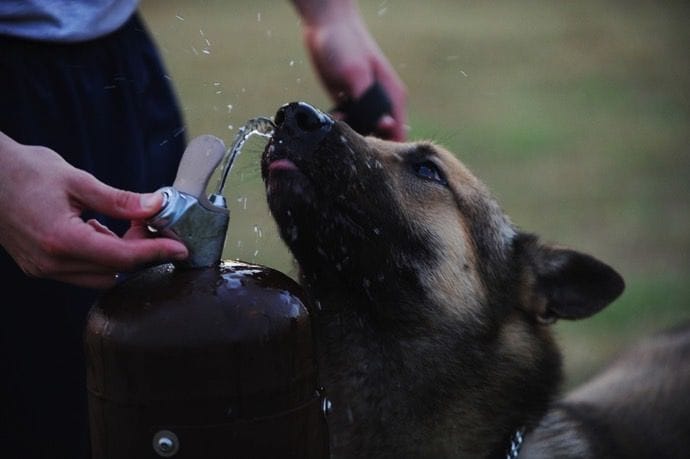WINTER WEATHER TIPS FOR YOUR PET
Oh, the weather outside is frightful, so bring your pets inside by nightfall! Now that winter weather is finally here, please remember these important cold weather safety tips for your furry family members.
- During times of extreme low temperatures, all pets should be brought inside. A good rule of thumb is that if you're cold outside, your pet will be, too. Wet and cold weather can lead to hypothermia or pneumonia in animals. Be especially cautious with very young or very old animals, because they are more susceptible to suffering medical issues due to the cold.
- The SPCA of Texas never recommends leaving pets outside full time; however, if pets must stay outside for extended periods of time, always weatherproof their living quarters. A dog's house should be dry, well insulated and retain heat. It should also be made up of three sides, a roof and a floor. The house should be elevated and the entrance pointed away from wind.
- Pet owners often innocently assume their pets can withstand the cold weather with the aid of their thick coats; however, this is not always the case. Indoor dogs shed their undercoats and should never be made to stay outside for extended periods of time. Never shave your pets down to the skin in the winter; leave their coats long for more warmth. And when you bathe your pets, completely dry their coats before letting them go outdoors.
- Monitor the time your pets spend outdoors and be sure they always have fresh water to drink. Outdoor dogs need more calories in the winter to produce body heat, so increase the amount you feed your pets if they stay outdoors for long periods of time.
- Salt, antifreeze and other chemicals could hurt your pets if they ingest them while licking their paws, so be sure to wipe your pets' paws and legs clean with a wet cloth after an outing. Chemicals used to melt snow and ice can irritate paws and could potentially lead to frostbite, cuts or cracks.
- Before starting your car, check to make sure there are no animals hiding in the exhaust pipe or under your tires. Cats and small animals may seek shelter near or under your car so be sure to look carefully and honk the horn before turning on the engine.
- Never leave your dog or cat alone in a car during cold weather. A car can act as a refrigerator in the winter, holding in the cold, and the animal could freeze to death.
- Keep your pets happy and healthy all year 'round by having them spayed or neutered, vaccinated and microchipped, and keep a collar with updated tags on them at all times.
- Source: https://www.spca.org/winterweather




